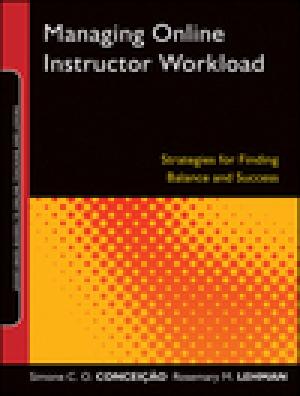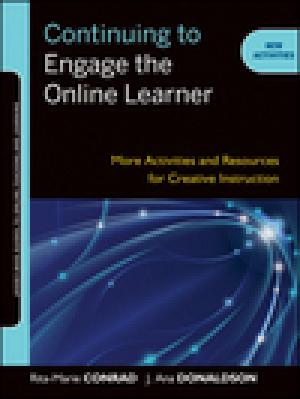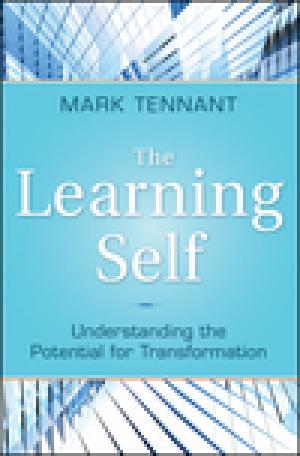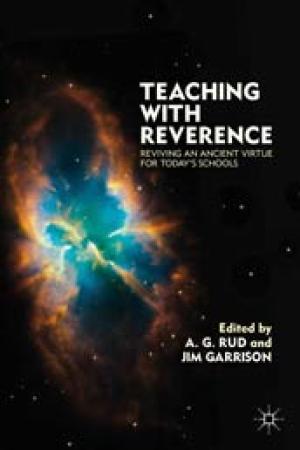Resources

A large number of institutions are now providing online programs, requiring instructors to change the way they think about teaching and master a distinct set of workload management skills. The first book to discuss workload management for online instructors, Managing Online Instructor Workload offers practical strategies, advice, and examples for how to prioritize, balance, and manage an online teaching workload. Based on surveys and interviews, the timely and comprehensive insight in this book is essential for online instructors, instructional designers, faculty developers and others involved in online learning.

This book includes a definitive model for engaged learning that can be applied in a wide range of on-line learning environments and across age levels.  It also addresses current topics such as engaging in a blended learning environment, social networking, and using related technology tools. Continuing to Engage the Online Learner provides an introduction to the theory of engaged learning and its design, assessment, and management in online and blended learning environments. In addition, the book describes the types of activities that engage the online learner in each phase of engagement and provides 50 new examples of activities. (From the Publisher)

This new book from the award-winning author of Psychology and Adult Learning puts the spotlight on the kind of learning that brings about significant personal change. Tennant explores the techniques, processes, and practices educators can use to promote learning that leads to change and examines assumptions about self and identity, how we are formed, and our capacity for change. Throughout the book, Tennant posits that individuals can be agents in their own self-formation and change by understanding and acting on the circumstances and forces that surround and shape them. Educators, he argues, must be open to different theoretical ideas and practices while simultaneously valuing these practices and viewing them with a critical eye. The book aims to: • promote, among educators and others with an educational dimension to their work, a more critical approach to their learning designs and practices; • equip individuals with a framework for understanding and being agents of their own self-formation and change.

Reverence is a forgotten virtue in teaching and learning. Indeed, it is a largely forgotten virtue in American society. This book argues that there is much more to teaching students than merely imparting knowledge. Good teaching involves forming character, molding destinies, creating an enduring passion for learning, appreciating beauty, caring for others, and much more. In some sense of the word, teaching is a spiritual, although not necessarily a religious, activity. When done well, it cultivates human intimacy and allows teachers to find creative self-expression in classroom community. The essays gathered here examine reverence as a way to understand some of the spiritual dimensions of classroom teaching. (From the Publisher)